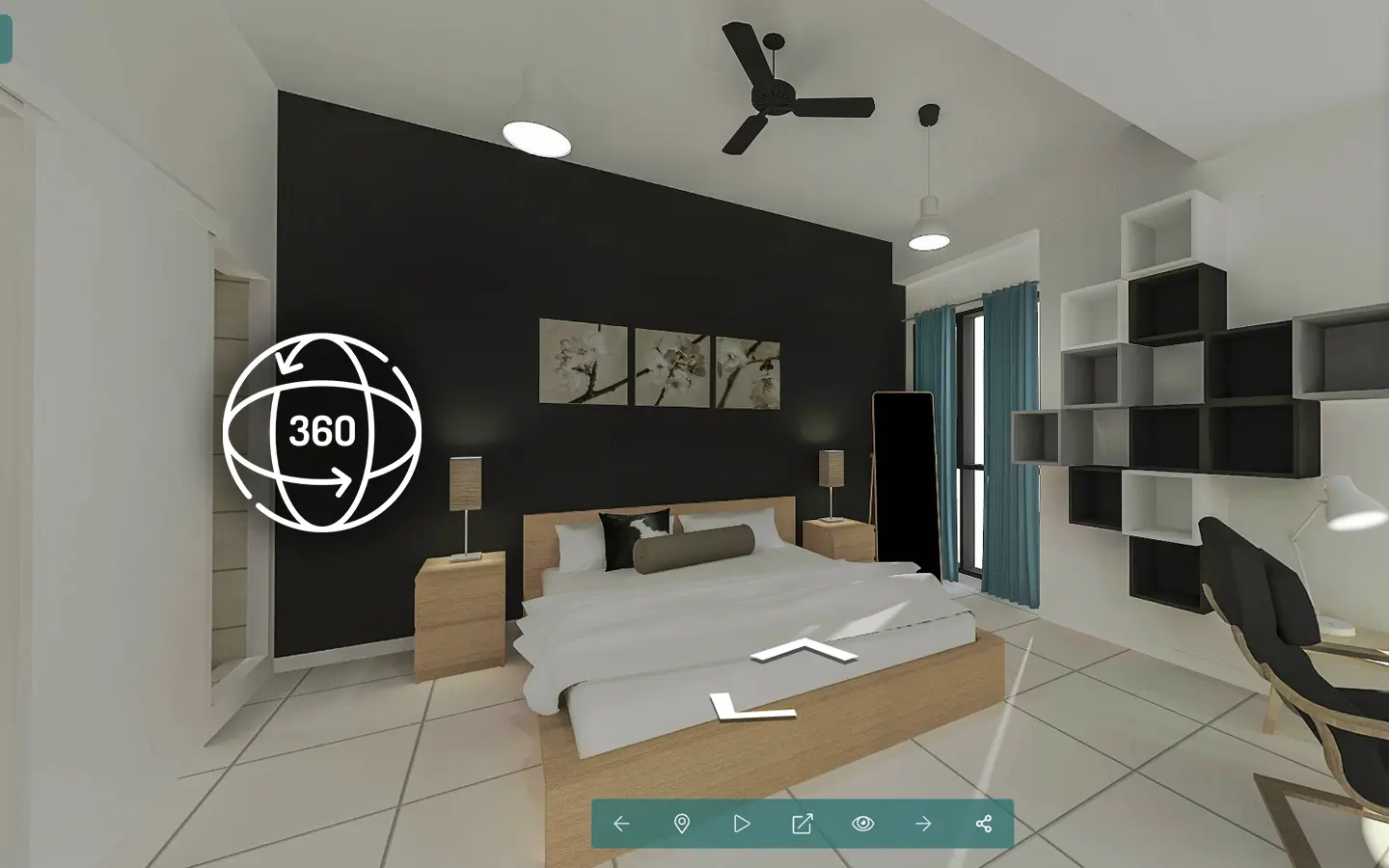The Advantages of Virtual Real Estate for Distant Buyers
virtual real estate has become an increasingly popular way for remote property buyers to purchase homes without physically visiting the property.

In recent years, the real estate industry has undergone a significant transformation, mainly due to the rise of virtual technology. With the advancement of virtual reality, virtual real estate has become an increasingly popular way for remote property buyers to purchase homes without physically visiting the property. In this article, we will explore the advantages of virtual real estate for remote property buyers and how it has revolutionized how we buy and sell properties.
Virtual real estate
refers to buying or selling properties through virtual means, such as virtual real estate tours and 360 virtual tours. Virtual real estate tours are virtual tours of properties that allow potential buyers to view the property from the comfort of their own homes. 360 virtual tours use a 360 camera to capture every angle of a property, providing an immersive experience for potential buyers.

One of the most significant advantages of virtual real estate for remote property buyers is its convenience. With virtual real estate tours, buyers can view multiple properties without leaving their homes. It is particularly beneficial for buyers relocating from another state or country, as visiting multiple properties in person can be challenging. Virtual real estate tours also save time and money for both buyers and sellers. Rather than spending time and money traveling to view properties, buyers can simply view them online. On the other hand, sellers can showcase their properties to a broader audience without hosting multiple in-person tours.
Another advantage of virtual real estate
is that it allows buyers to better understand the property before making an offer. Virtual real estate tours provide a 360-degree view of the property, allowing buyers to see every angle and detail. This is particularly useful for buyers who are purchasing properties in areas where they are not familiar with the local real estate market. In addition, buyers can better understand the property's layout, size, and condition by taking a virtual tour before making an offer.

Virtual real estate also benefits sellers, allowing them to showcase their properties to a wider audience. Potential buyers from all over the world can access virtual real estate tours, making it easier for sellers to reach a larger pool of buyers. Additionally, virtual tours can help sellers save time by weeding out buyers who may not be interested in the property, as they can get a better sense of the property before scheduling an in-person tour.
Enhance the marketing efforts
virtual real estate tours can enhance the marketing efforts of real estate agents and brokers. A virtual tour can be added to the property listing and shared on social media platforms and real estate websites, making it easier for agents and brokers to reach potential buyers. Virtual tours can also be used in email marketing campaigns and shared with buyers who have previously expressed interest in a particular property.
Finally, virtual real estate is an excellent way to stand out in a crowded market. By offering virtual tours, sellers can differentiate themselves from competitors who may only offer traditional in-person tours. Virtual tours also provide a unique selling point that can help attract potential buyers who may be hesitant to purchase a property without seeing it in person.

In conclusion, virtual real estate has revolutionized buying and selling properties. With virtual real estate tours and 360 virtual tours, remote property buyers can conveniently view properties from their homes. Virtual real estate also offers benefits for sellers, including reaching a wider audience, enhancing marketing efforts, and standing out in a crowded market. As virtual technology advances, we can expect virtual real estate to become an even more integral part of the real estate industry.

